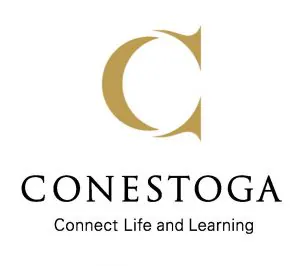Ready to learn more?
Next Cohort: Sep 3-Sep 3
By submitting your email address, you acknowledge and agree to CourseCompare.ca's Terms of Service and Privacy Policy.
Duration
2 years
Tuition
$5,392
Commitment
Full-Time
Delivery
Classroom
Credential
Diploma
Year Founded
1967
Scholarships
yes
This two-year diploma program is designed to prepare students with the knowledge and skills to practice evidence-informed hearing healthcare and to function as an integral member of the interprofessional health- care team. Graduates of the program will have demonstrated the necessary patient-focused skills to manage the needs of the hard of hearing.
The program provides a rich learning environment that utilizes classroom education, laboratory simulation, various interprofessional exercises, and clinical exposure to hone competency. The course work is designed to ensure the student is capable to assess hearing and provide hearing patients with appropriate rehabilitation options – in particular, the selection and fitting of today’s technologically advanced hearing aids. Additionally, the coursework will prepare the student to manage minor hearing aids and earmold repairs and modifications. It will prepare students with the knowledge, skills, attitudes, and critical thinking ability for proficiency within a hearing healthcare environment.
After successful completion of the program, graduates are eligible to write national/provincial examinations and to complete 1000 hours of supervised internship through the Association of Hearing Instrument Practitioners (AHIP).
What You’ll Learn
- Assess the hearing levels of the client and fit hearing aids using an understanding of sound, the sense of hearing, and the causes of hearing loss from an anatomical/physiological standpoint.
- Act as an integral member of the hearing health care team that includes audiologists, primary care physicians, and ear, nose, and throat physicians.
- Administer and interpret appropriate tests of hearing, known as “audiometry”.
- Integrate audiometric test findings to determine optimal hearing aid fittings.
- Select appropriate hearing aids from specific manufacturers for subsequent fittings of specific degrees and frequency configurations of hearing loss.
- Measure and interpret electro-acoustic hearing aid function, according to ANSI (American National Standards Institute) test procedures.
- Refer clients who require audiological or medical intervention to appropriate specialists.
Ready to get started?
Next Cohort: Sep 3-Sep 3
By submitting your email address, you acknowledge and agree to CourseCompare.ca's Terms of Service and Privacy Policy.
Student Reviews (21)
Best college , professors are really very helpful and understanding. As an International student I will advise that this college is really best
The best experience and decision of choosing conestoga doon campus. I really love how this place gives both a relaxing vibe after a hectic day and also an enviornment for study and work. This college is a perfect blend of both the worlds.
